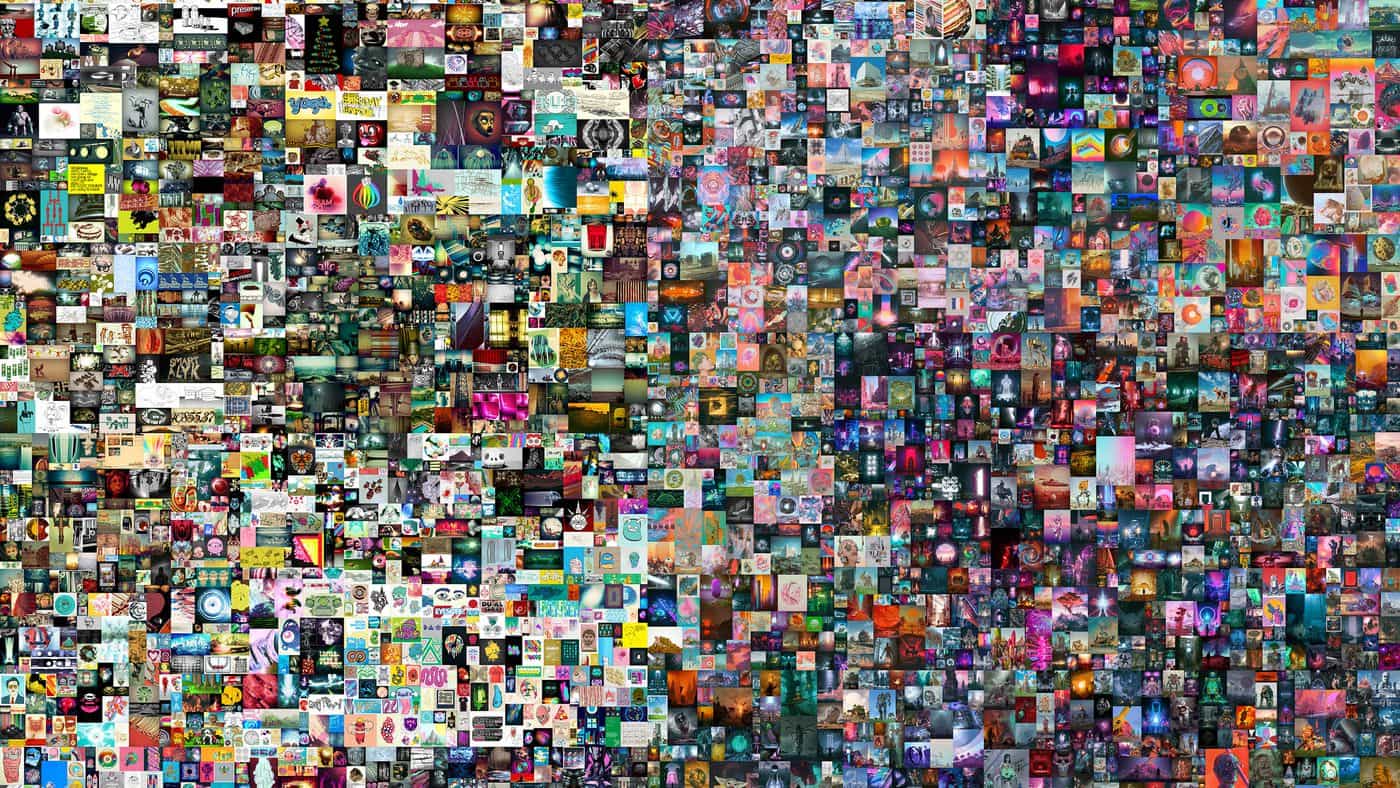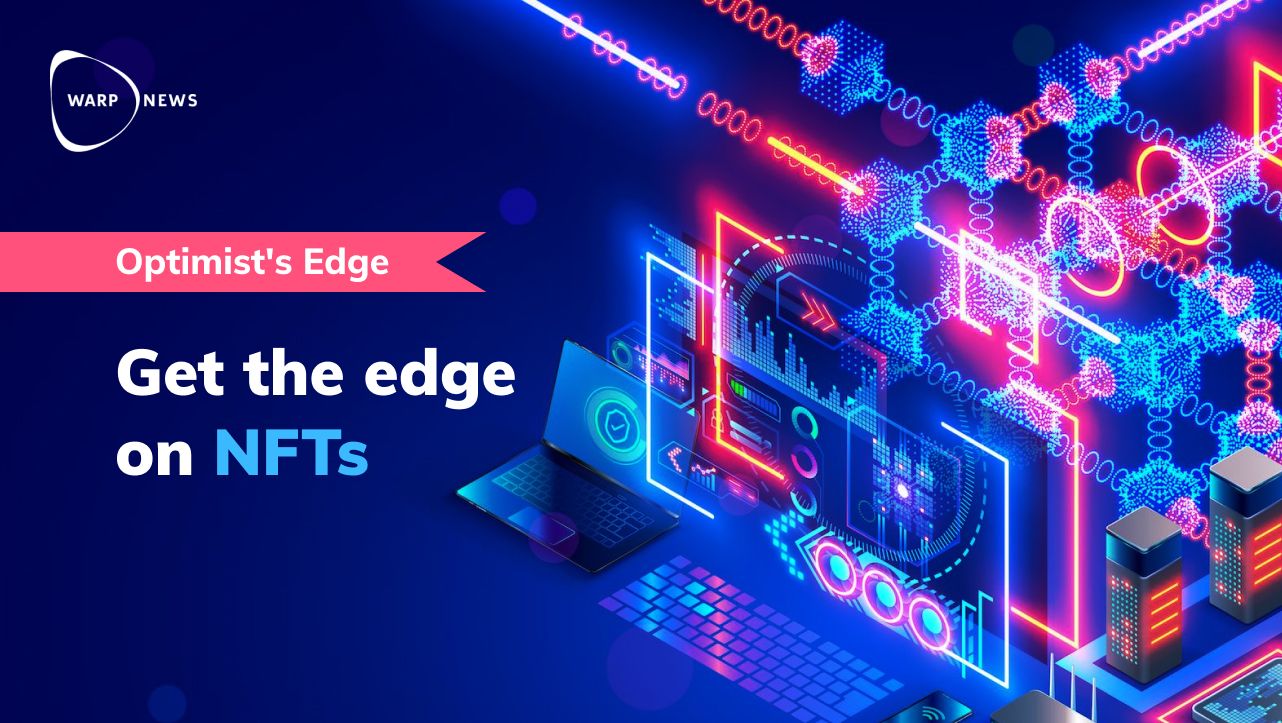
👊 NFT Use Cases: A look at the transformative impact of rare digital items
Digital art, gaming, ticketing, and real estate are just a few examples of NFT use cases. Let's dive in and have a look at the transformative impact of rare digital items.
Share this story!
In recent years, blockchain technology has gained a lot of attention, mostly due to the astronomical rise in the price of cryptocurrencies such as Bitcoin and Ethereum. However, the recent months have seen NFT (non-fungible tokens) become the new darling on blockchain rails.
To the uninitiated, cryptocurrencies are not the only type of tokens that can utilize a blockchain. While cryptocurrencies have brought the power of an immutable ledger to the fore, NFTs are a different beast altogether.
The phrase 'non-fungible token' means that there is at least one property (or characteristic) such as identity, location, or unique attributes about each token. This makes these types of tokens quite different from conventional cryptocurrencies.
The demand for NFTs has been steadily growing, with applications ranging from the digital art world to gaming and finance. Here is a quick look at some of the main use cases of NFTs.
NFTs in Digital Art
NFTs can be used to make one-of-a-kind digital art items with unique and exclusive properties. From the likes of Beeple, who sold a collection of digital art for millions, to the growing number of NFT marketplaces that feature all sorts of artistic creations, NFTs are useful for ensuring proof of ownership.
Considering that digital files are easy to duplicate, an artist can mint an NFT representing a piece of art, thereby giving the consumer sufficient proof that the NFT based art file is the only one that exists. This level of rarity and uniqueness of a digital file is possible thanks to blockchain's immutability. Furthermore, NFTs enable artists to get a cut on the secondary sale of their digital art as a code can be programmed into the NFT to send back a percentage of the sale to the original artist.

NFTs in Gaming
The gaming world is perhaps one of the industries that stand to benefit the most from NFTs. NFTs can be used to create non-duplicable in-game items enabling gamers to have a form of ownership like never before.
An example could be a game where players collect virtual non-fungible in-game coins as they progress through the game's levels. After they have accomplished the most coveted goals, they can choose to sell the in-game coins they gathered for a profit as they have full ownership of those virtual coins.
NFTs in Ticketing
Non-fungible tokens are also useful in the ticketing industry. NFTs on the blockchain can be used to represent tickets in a sports event or a concert. This ensures that every attendee has original access and any ticket reproduction is tracked and prevented.
NFTs in Real Estate
In the real estate industry, physical land or property can be represented on a blockchain as an NFT. This means that the digital token representing a piece of land can have all sorts of attributes such as location, price, and measurements. Thanks to blockchain, it would be impossible for malicious actors to tamper with land ownership and other physical assets associated with the land.
Conclusion: There is more
As you can see, NFTs are quite popular at the moment because of their potential to revolutionize most of the world's industries.
In addition to the few examples covered, NFTs can be used in the world of finance, where an NFT is created representing equity in a company. This type of NFT could then be sold and bought, enabling worldwide access to liquidity for various companies.

By becoming a premium supporter, you help in the creation and sharing of fact-based optimistic news all over the world.



